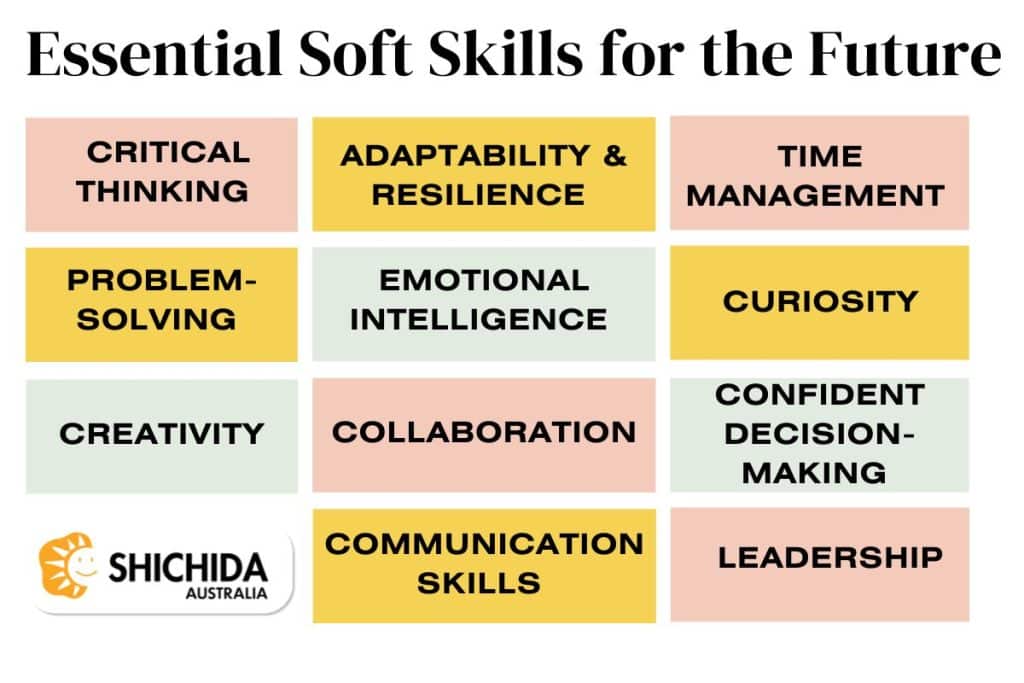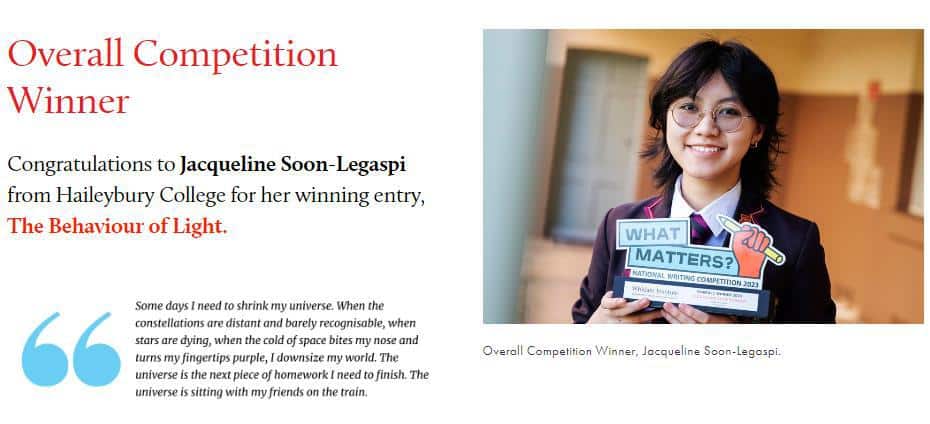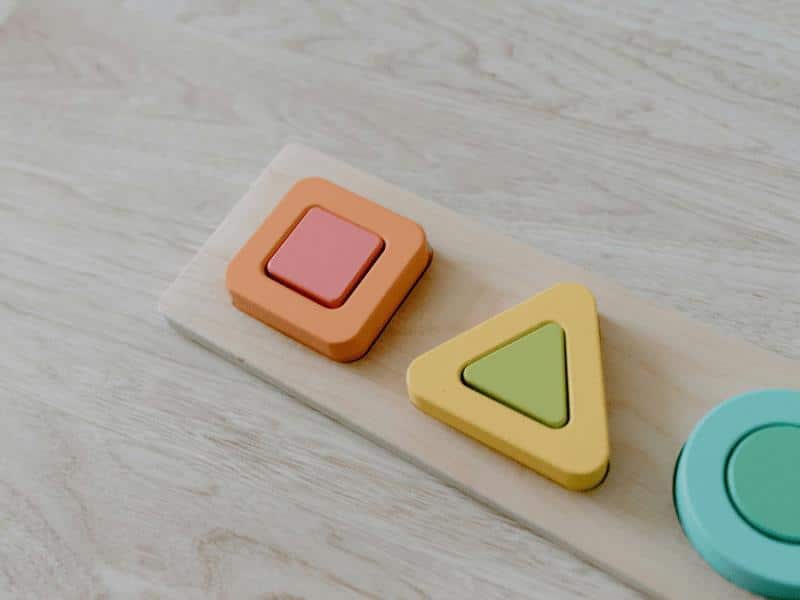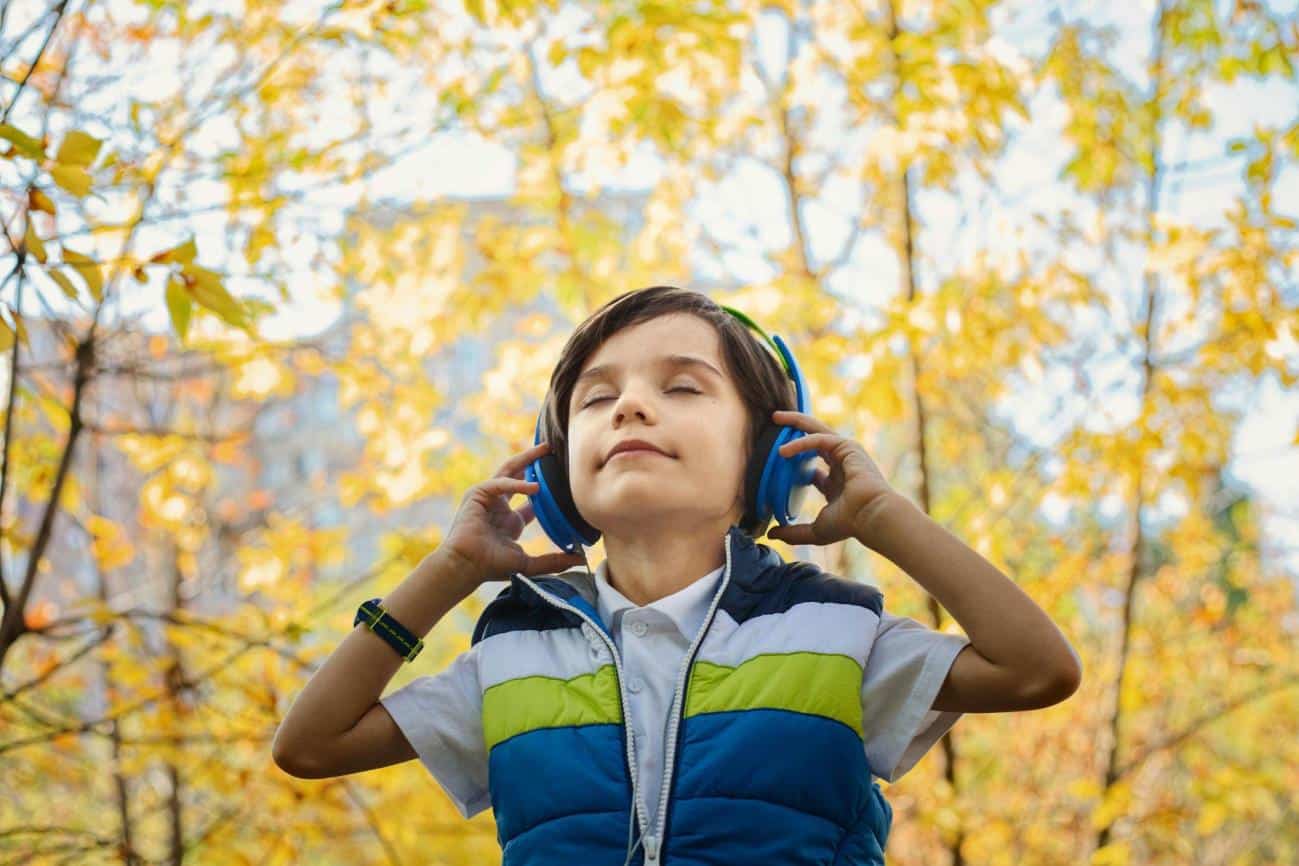
Future-proofing your little one: what future skills are essential?
In today’s rapidly evolving world, children need a robust set of skills to thrive. As technology advances and global interconnectedness increases, the demands on the next generation will be unprecedented. To navigate this fast-changing landscape, children must develop essential skills that will enable them to adapt, innovate, and collaborate effectively.
Apart from the obvious crucial skills like STEM knowledge and strong language abilities, children need to hone soft skills that are equally important for their future success. These skills help children become well-rounded individuals capable of thriving in diverse environments and tackling various challenges.
Starting early is a great strategy to ensure that your child develops a balanced skill set of both soft and hard skills, enabling them to follow their passions while living an independent and successful life as an adult. This may seem far off in the future, but your baby is primed to learn with a rapidly growing brain, and your toddler is keen to play with you. Use this time with purpose and guide your child with confidence to develop into the best version of themselves while ensuring they are set up to face any challenge life may throw at them.
Essential Soft Skills for the Future
It is crucial that children are exposed to opportunities to develop skills to be future-proofed. The sooner kids are exposed to healthy and age-appropriate challenges, the better. These challenges can take the form of games and activities that are specifically designed to be fun providing a method for learning through play while focusing on developing essential skills:
Cognitive and Creative Skills
Critical thinking is paramount, allowing children to analyse situations and make reasoned decisions. This skill helps them navigate complex information and solve problems effectively.
Creativity fuels innovation, helping children generate new ideas and solutions. It encourages them to think outside the box and approach challenges with an open mind.
Problem-solving equips children to tackle complex challenges with confidence. It enables them to identify issues, evaluate options, and implement effective solutions.
Curiosity drives children to explore and learn new things. It drives a love for learning and encourages them to ask questions and seek out new knowledge and experiences.
Emotional and Social Skills
Emotional intelligence is crucial for understanding and managing one’s emotions and empathising with others. EQ promotes better interpersonal relationships and a harmonious social environment.
Adaptability and resilience ensure children can adjust to new environments and changing circumstances. This skill is vital in a world where change is constant and often unpredictable.
Collaboration involves working effectively in teams and across diverse groups. It teaches children the value of teamwork and the importance of leveraging different perspectives.
Leadership involves guiding and motivating others towards achieving common goals. It helps children develop confidence and the ability to influence and inspire others positively.
Practical and Management Skills
Communication skills enable clear and effective verbal and written expression. Strong communicators can articulate their ideas, share information, and engage with others meaningfully.
Time management is the ability to plan and control how much time to spend on specific activities. Good time management enables children to accomplish more in a shorter period and lowers stress levels.
Confident decision-making is the ability to make decisions promptly and with assurance. This skill helps children trust their instincts and make informed choices.
While cognitive skills remain essential for technical proficiency, developing soft skills such as communication, problem-solving, and adaptability is equally important for ensuring long term future career success and personal growth (Karimova, 2020). This highlights the need for a balanced education approach that emphasises cognitive and soft skills.

Shichida Australia: Preparing Kids for the Future
Recognising the importance of these future skills, Shichida Australia is on a mission to equip children with the tools they need to succeed. The Shichida Method integrates these essential soft skills into its holistic approach to early education, alongside teaching critical cognitive-based subjects such as math, language, reading, writing, and science, preparing well-rounded individuals ready to face future challenges.
Case Study: Jacqueline Soon-Legaspi
A great example of the effectiveness of this approach is Jacqueline Soon-Legaspi. Starting at Shichida Australia at just over 1.5 years old, Jacqueline’s journey illustrates how early education can shape future achievers. Her impressive achievements highlight the power of a strong educational foundation in developing the critical skills needed for lifelong success.
Jacqueline’s Journey
Early Development (Age 1-4):
- 1 y/o: Started Shichida.
- 3 y/o: Began learning piano with the Suzuki method.
- 4 y/o: Featured in newspapers and on TV for memorising and reciting 100 decimals of Pi.
Building Foundations (Age 5-8):
- 5 y/o: Skipped Year 1 upon recommendation of the school.
- 6 y/o: Achieved High Distinctions in ICAS English/Maths academic competitions.
- 7 y/o: Top results in Year 3 NAPLAN and ICAS.
- 8 y/o: Elected as Student Representative Council and scored a scholarship at Haileybury College.
Expanding Horizons (Age 9-12):
- 9 y/o: Took up a new instrument, joined the school choir, and participated in poem and essay competitions.
- 9y/o: Graduated from the esteemed Shichida Primary School Program.
- 10 y/o: Awarded academic excellence with High Distinction and Honours in three subjects.
- 11 y/o: Studied French, joined the Wind Symphony Voice ensemble/choir, became Middle School Music Captain, went on an educational tour with the school to NASA.
- 12 y/o: Awarded academic excellence with Distinction and Honours in three subjects.
Achieving Excellence (Age 13-16):
- 13 y/o: Offered to do VCE Latin.
- 14 y/o: Graduated from the Suzuki Method program for Piano.
- 15 y/o: Awarded the Overall Winner in a nationwide essay writing competition.
- 16 y/o: Currently the LEAP Captain at Haileybury College, preparing for VCE.

Shichida Alumna, winner of the 2023 What Matters National Writing Competition. Photo Credit: Whitlam Institute
Reflections from the Student
Jacqueline reflects on her experiences with Shichida and how it has impacted her life and choices.
“I remember moments at Shichida that triggered my interest in various subjects,” says Jacqueline. “These experiences helped me to think creatively and develop a love for learning.”
“The Shichida Method got me interested in writing. I remember the writing exercises where we had a one-word prompt, like ‘Earth,’ and we had to write creatively about it. That activity sparked my passion for writing.”
“I enjoyed the presentations about famous historical figures like Gandhi and Leonardo da Vinci. Those lessons left a lasting impression on me and contributed to my interest in history and philosophy.”
“Learning about a wide range of subjects from a young age helped me find what I was truly passionate about. I particularly enjoyed the memory and critical thinking exercises, which I now realize were foundational for my later academic success.”
“The variety of subjects and activities at Shichida exposed me to different ways of thinking and learning. This has been incredibly beneficial, especially now that I am studying more complex subjects in high school.”
“My time at Shichida strengthened my memory. I don’t have to take notes much, and information just sticks with me,” she adds. “This foundation has been a significant advantage in my studies.”
Looking Towards the Future
Looking ahead, Jacqueline plans to pursue a career in teaching Latin, combining her interests in history, philosophy, and language. She intends to follow a path that includes a Bachelor of Arts with a classics major, including studies in ancient Greek, and a minor in English, followed by a Master’s in Teaching.
Listen to our Podcast interview with Jacqueline
Listen to “How SHICHIDA Helped Me – A SHICHIDA Graduate’s Story”. In this podcast episode, we hear this talented Shichida graduate explain how the SHICHIDA Program is continuing to help her with her studies, as well as how she was able to adopt our teachings in her daily life.
Give Your Child the Opportunity to Develop Future Skills
To learn more about how the Shichida Method can help your child develop future skills and achieve their full potential, visit our website or contact us for more information.


